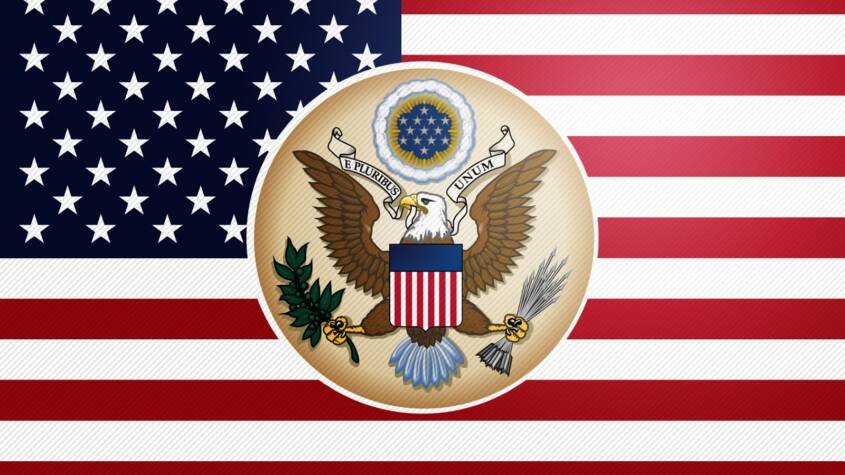
On December 10th, the Federal Trade Commission (FTC) published a Statement of Regulatory Priorities that announced the agency’s intent to initiate rulemakings on issues such as privacy, security, algorithmic decision-making, and unfair methods of competition. The statement also addressed ongoing reviews on a myriad of topics, including the FTC’s review of the COPPA Rule, the Negative Option Rule, and the Endorsement Guides. Several key topics covered in the Statement are discussed below:
- Privacy, security, and unlawful discrimination. The FTC stated that it is considering an additional rulemaking to address “abuses stemming from surveillance-based business models.” Specifically, the FTC is “considering whether rulemaking in this area would be effective in curbing lax security practices, limiting intrusive surveillance, and ensuring that algorithmic decision-making does not result in unlawful discrimination.” On Friday, the FTC also published a notice with the Office of Management and Budget indicating that the agency is contemplating launching its rulemaking on these issues in February 2022. This rulemaking would be conducted pursuant to the FTC’s Trade Regulation Rulemaking procedures in Section 18 of the FTC Act and would entail multiple rounds of notices and public comment.
- Unfair methods of competition. The FTC also stated that it plans to explore defining certain “unfair methods of competition” prohibited by Section 5 of the FTC Act, noting that the agency will “explore the benefits and costs” of potential competition rulemakings related to non-compete clauses, surveillance, the right to repair, pay-for-delay pharmaceutical agreements, unfair competition in online marketplaces, occupational licensing, real-estate listing and brokerage, and industry-specific practices that substantially inhibit competition. The notice tied these subjects to a recent Executive Order encouraging the FTC to consider these issues.
- Children’s Online Privacy Protection Act (COPPA)…
Analyzing the CCPA’s New Risk Assessment Requirement
Key point: Businesses subject to the CCPA now must conduct risk assessments for certain ty…















